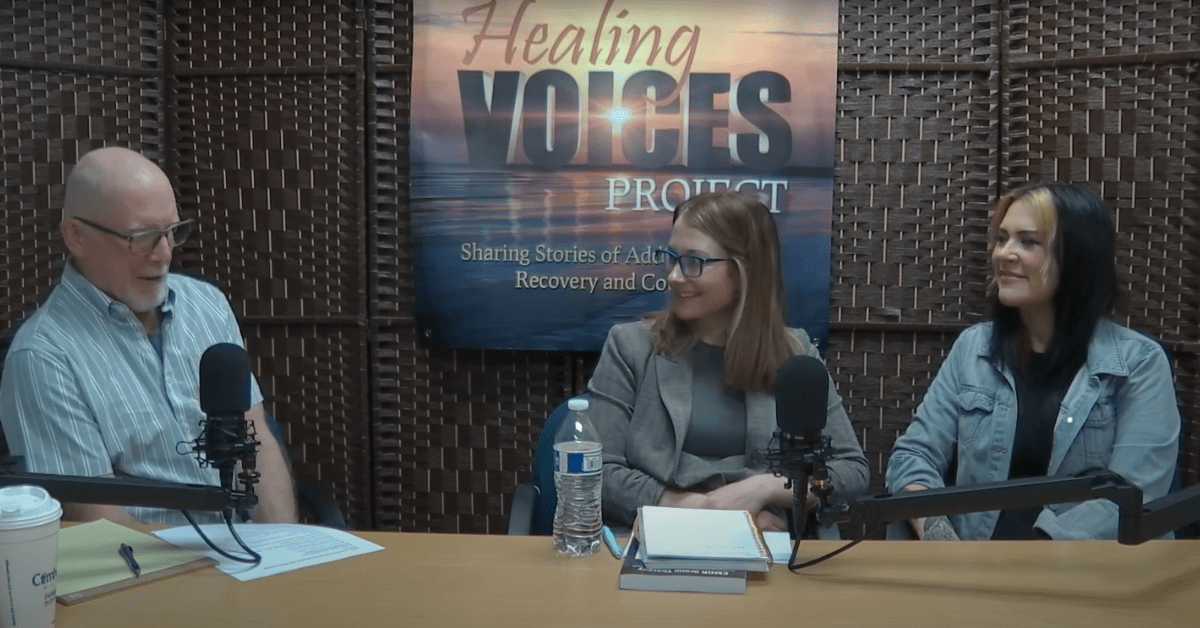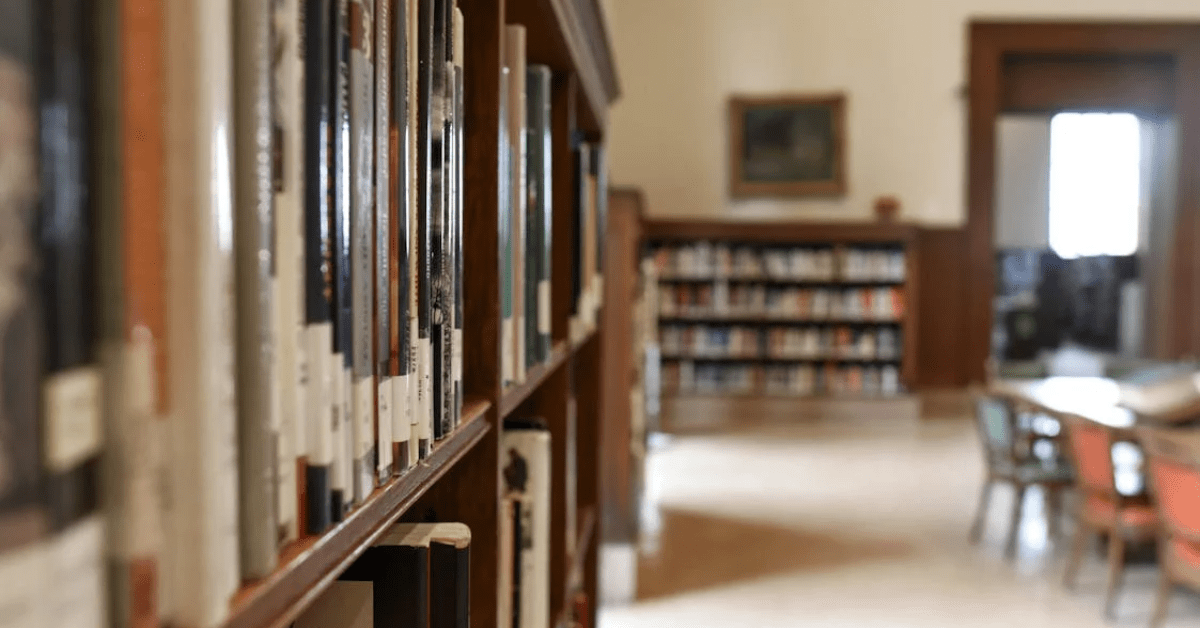Recovery from substance use disorder (SUD) is not a destination. It’s a journey filled with growth, resilience, and self-discovery. One of the most powerful and often overlooked tools for sustaining long-term sobriety are hobbies that support recovery. Engaging in meaningful activities helps fill the void left behind by substance use, offering structure, purpose, and joy.
Hobbies can provide natural dopamine boosts, reduce anxiety, help process emotions, and reconnect individuals with passions and talents that may have been neglected during active addiction. They also build community and offer a sense of identity beyond recovery, making them essential for both early and long-term sobriety.
Here are five enriching hobbies that can significantly support and enhance the SUD recovery process mentally, emotionally, and spiritually.
Creative Expression: Art, Music, and Writing
Creative activities are a powerful form of emotional release. Whether through painting, sketching, playing music, or writing poetry, creative expression can help process feelings that might otherwise remain buried. Recovery often involves confronting painful experiences or traumas, and artistic outlets can be a safe and therapeutic way to explore these complex emotions.
Music, in particular, has deep emotional resonance. Learning to play an instrument or creating playlists that reflect your journey can be healing and grounding. Similarly, journaling or expressive writing allows for reflection and insight which are key components of emotional sobriety. Over time, many people in recovery find that creative pursuits not only help regulate mood but also become a cornerstone of their new identity.
Creative hobbies also offer a healthy escape. Rather than numbing emotions, they allow individuals to channel their experiences into something tangible and meaningful, reinforcing self-worth and personal growth.
Physical Activity and Mindful Movement
Movement is medicine – especially in recovery. Physical activity releases endorphins, improves sleep, and helps regulate stress and anxiety. Exercise doesn’t need to be intense to be effective; even light activities like yoga, walking, or swimming can have profound mental and physical benefits.
Yoga and other forms of mindful movement are particularly popular in recovery communities because they strengthen the mind-body connection. Breathwork, balance, and meditation techniques taught in yoga can improve emotional regulation and reduce cravings. Mindfulness practices rooted in movement also encourage living in the present moment, a core tenet of many recovery philosophies.
Group fitness activities like martial arts, hiking clubs, or dance classes are all hobbies that support recovery. They also foster community, which is vital for maintaining sobriety. Exercise can be a solo sanctuary or a social outlet, both of which are valuable depending on where someone is in their recovery journey.
Gardening and Connection with Nature
Spending time in nature offers a sense of peace and grounding that is hard to replicate elsewhere. Gardening, in particular, is a hobby that promotes patience, nurturing, and growth which are all concepts that mirror the recovery process.
Planting seeds, tending to soil, and watching life grow can be a powerful metaphor for healing. For many, the act of caring for something outside of themselves becomes an expression of self-care and responsibility. There is also research supporting the mental health benefits of “ecotherapy,” showing that outdoor activities can reduce depression, improve mood, and even lower blood pressure.
Even those without a yard can garden using containers or indoor plants. Whether growing herbs on a balcony or volunteering at a community garden, connecting with nature can inspire a sense of renewal and perspective.
Volunteering and Acts of Service
Giving back is a profound way to find purpose and direction in recovery. Acts of service not only help others but also provide a deep sense of fulfillment and self-worth. Many recovery programs emphasize service as a vital part of ongoing healing, and for good reason as it shifts focus from inward struggles to outward contributions.
Volunteering can take many forms: mentoring others in recovery, helping at a local food bank, participating in neighborhood cleanups, or supporting animal shelters. The specific cause isn’t as important as the consistent act of showing up and being part of something greater than oneself.
Service work helps combat isolation, a common challenge in recovery. It encourages connection, accountability, and gratitude which help build resilience. When people feel that their lives have meaning and that they can make a difference, the motivation to stay sober grows stronger.
Learning Something New
Recovery is a perfect time to rediscover curiosity. Whether it’s learning a language, picking up photography, taking cooking classes, or exploring woodworking, the act of learning builds confidence and sparks new interests.
The brain thrives on novelty, especially after substance use has disrupted reward systems. Reigniting curiosity and engaging in new challenges creates healthy neurological stimulation. It also helps reframe sobriety not as a limitation but as a gateway to endless possibility. A common saying in the recovery community is, “In active addiction I could only do one thing, but now in sobriety I can do anything.”
Continual learning also fosters discipline, focus, and delayed gratification all of which are skills that support relapse prevention. Whether through formal education, online classes, or informal self-study, intellectual engagement opens doors to new communities and future goals. It’s not uncommon for people in recovery to find their life’s purpose or a new career path simply by trying something they’ve always been curious about.
Recovery Is About More Than Abstinence
Hobbies that support recovery are lifelines—tools that rebuild identity, foster joy, and cultivate purpose. The right hobbies not only support mental health and reduce the risk of relapse, but also create a rich, full life where sobriety becomes something to celebrate rather than endure.
At Northstar Recovery Center, we understand the critical role that lifestyle changes play in sustained healing. That’s why we encourage clients to explore new interests, reconnect with old passions, and discover healthy routines that keep them grounded. Recovery is about rebuilding a life worth living and hobbies are one of the best places to start.
If you or a loved one is navigating life after substance use, know that support is available. Contact Northstar Recovery Center to learn more about our holistic, client-centered approach to recovery. Call 888-339-5756 today.









